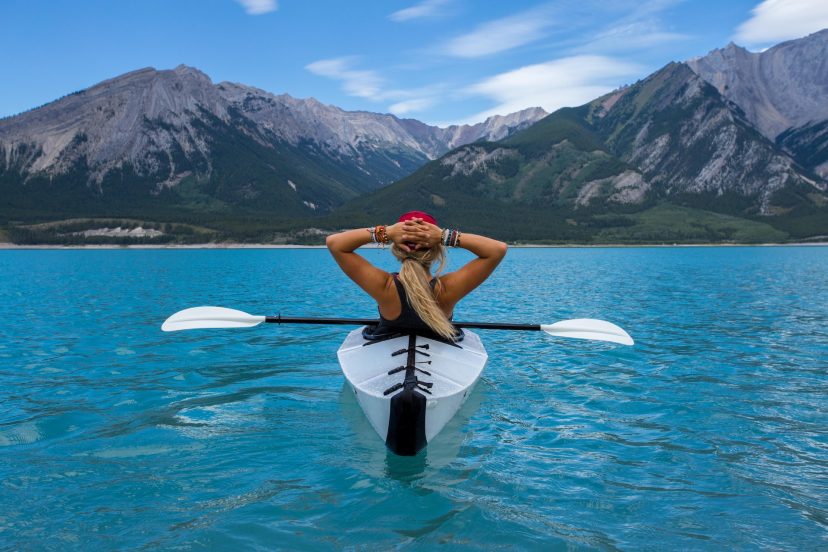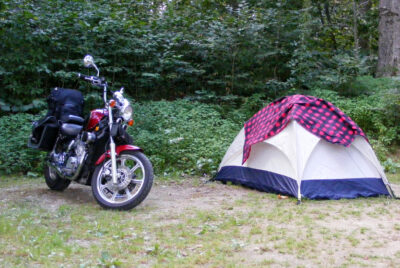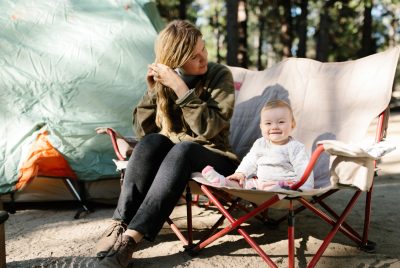Kayak Camping Gear
Kayak Camping Gear: A Guide for Outdoor Enthusiasts
As an avid kayaker and camping enthusiast, I have spent countless hours exploring remote lakes, rivers, and coastlines. One of the most rewarding experiences is combining my love for kayaking and camping into kayak camping trips. To ensure a successful and enjoyable adventure, it is crucial to have the right kayak camping gear. In this guide, I will share my knowledge and recommendations to help you choose the essential gear, offer packing tips, and provide guidance on maintenance and care.
Kayak camping combines the freedom of kayaking with the serenity of camping, allowing you to access remote and picturesque locations. To embark on such adventures, it’s important to have the right gear that ensures your safety, comfort, and convenience throughout the journey.
Essential Gear for Kayak Camping
Kayak
Choosing the right kayak is paramount for a successful kayak camping trip. Consider factors such as stability, storage capacity, maneuverability, and weight when selecting a kayak that suits your needs.
Paddle
Invest in a high-quality paddle that is lightweight, durable, and suits your paddling style. A paddle with adjustable length can be beneficial for different water conditions.
Life Jacket
A personal flotation device (PFD) or life jacket is a non-negotiable safety item. Ensure it fits well and is designed for kayaking, providing freedom of movement while keeping you safe.
Camping Tent
Choose a lightweight and waterproof tent that can be easily packed into your kayak. Look for features such as easy setup, good ventilation, and sufficient space for sleeping comfortably.
Sleeping Bag and Sleeping Pad
Invest in a sleeping bag that matches the climate conditions you expect to encounter. Additionally, a sleeping pad provides insulation and cushioning for a good night’s sleep.
Cooking Equipment
Opt for compact and lightweight cooking equipment, including a stove, pots, pans, utensils, and dishes. Consider the fuel requirements and ease of use when making your selection.
Food and Water
Pack sufficient food and water for the duration of your kayak camping trip. Choose non-perishable food items that are easy to prepare and provide ample nutrition. Carry a water filtration system or water purification tablets to ensure a clean and safe water supply.
Clothing and Personal Items
Pack appropriate clothing for the expected weather conditions, including moisture-wicking layers, waterproof outerwear, and sturdy footwear. Don’t forget essential personal items such as toiletries, sunscreen, insect repellent, and a first aid kit.
Safety Equipment
In addition to a life jacket, it’s essential to have other safety equipment on hand. This includes a whistle for signaling, a waterproof flashlight, a waterproof map and compass, a signaling mirror, and a marine VHF radio for communication.
Choosing the Right Kayak Camping Gear
To make informed decisions when selecting your kayak camping gear, consider the following factors:
Consider the Duration of Your Trip
The length of your kayak camping trip will determine the amount of gear and supplies you need to pack. For longer trips, focus on durable and lightweight gear that can endure the journey.
Consider the Climate and Terrain
Consider the weather conditions and the type of environment you’ll be exploring. This will influence your clothing choices, the type of kayak you need, and the gear necessary to ensure your comfort and safety.
Assess Your Skill Level
Choose gear that matches your skill level and experience. Beginners may prefer stable and easy-to-paddle kayaks, while experienced kayakers may opt for more advanced models designed for specific conditions.
Evaluate the Weight and Portability
Since you’ll be carrying your gear in your kayak, it’s crucial to prioritize lightweight and compact items. Opt for gear that is easy to pack and won’t weigh you down during your adventure.
Tips for Packing Kayak Camping Gear
Efficient packing can make a significant difference in the comfort and convenience of your kayak camping trip. Here are some helpful tips:
Optimize Space with Dry Bags
Use dry bags to organize and protect your gear. They are waterproof and can be compressed to save space. Pack items based on their priority and frequency of use.
Pack Heavier Items Low and Center
Distribute weight evenly in your kayak to maintain stability. Place heavier items, such as cooking equipment and water, low and towards the center of the kayak for better balance.
Use Compression Sacks for Clothing
To maximize space, use compression sacks for your clothing. These sacks remove excess air and allow you to pack your clothes more efficiently.
Keep Essential Items Easily Accessible
Ensure that items you may need during your journey, such as snacks, a waterproof map, or a rain jacket, are easily accessible. This way, you won’t need to dig through your packed gear to find them.
Maintenance and Care for Kayak Camping Gear
Proper maintenance and care can extend the lifespan of your kayak camping gear. Follow these guidelines:
Rinse and Dry Gear After Each Trip
After your kayak camping trip, rinse off any saltwater or dirt from your gear. Allow them to dry thoroughly before storing to prevent mold or mildew growth.
Store Gear in a Dry and Ventilated Area
Store your gear in a dry and well-ventilated area to prevent moisture buildup. Avoid direct sunlight, as it can damage materials and fade colors.
Regularly Inspect and Repair Gear
Regularly inspect your gear for any signs of damage or wear. Repair any tears or broken parts promptly to ensure that your gear remains in optimal condition for future trips.
Conclusion
Kayak camping is an exhilarating outdoor adventure that allows you to immerse yourself in nature. By selecting the right kayak camping gear, you can enhance your experience and ensure your safety and comfort throughout your journey. Remember to consider factors such as the duration of your trip, climate and terrain, your skill level, and the weight and portability of the gear. Efficient packing techniques and proper maintenance will further enhance your kayak camping experience, allowing you to make the most of your time in the great outdoors.
FAQ’s Kayak Camping Gear
Can I use a regular tent for kayak camping?
While you can use a regular tent for kayak camping, it’s advisable to choose a lightweight and waterproof tent specifically designed for outdoor activities. These tents are more durable and easier to pack into your kayak.
How much food and water should I pack for a kayak camping trip?
The amount of food and water you should pack depends on the duration of your trip and your personal needs. It’s recommended to pack non-perishable food items and carry enough water for the entire trip. Consider factors such as activity level, weather conditions, and availability of water sources along your route.
Can I go kayak camping if I’m a beginner kayaker?
Yes, beginners can go kayak camping. It’s important to choose a stable and easy-to-paddle kayak suitable for beginners. Start with shorter trips and gradually build up to longer adventures as you gain more experience and confidence.
How do I maintain and clean my camping gear after a trip?
After each trip, rinse off any saltwater or dirt from your gear. Allow them to dry completely before storing to prevent mold or mildew growth. Inspect your gear for any damage and repair it as needed.
Can I rent kayak camping gear instead of buying it?
Yes, if you’re new to kayak camping or don’t want to invest in gear right away, you can consider renting kayak camping gear from outdoor equipment rental companies. This allows you to try different gear before making a purchase decision.
Remember, a well-equipped and properly maintained gear set is the key to a successful and enjoyable kayak camping adventure. Happy paddling and camping!




